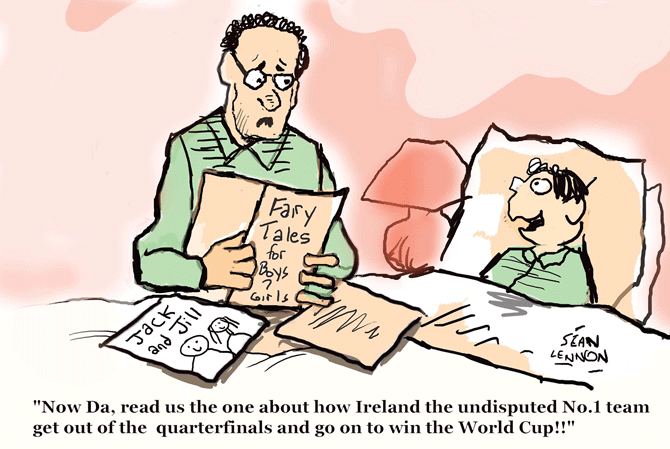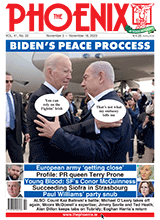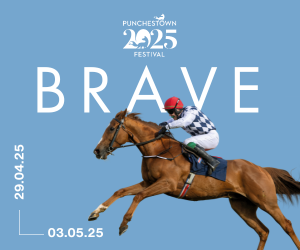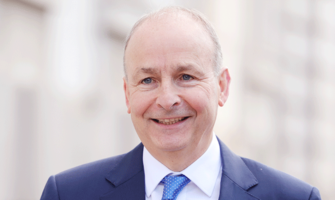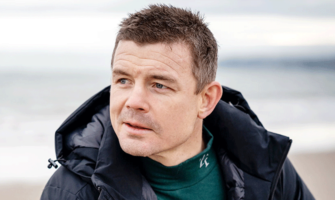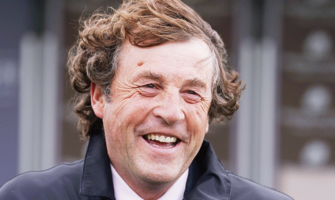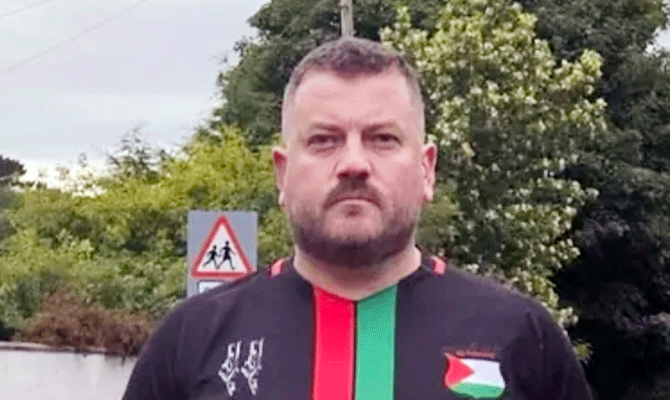
Stephen Murney
In the last month Irish politicians from Fine Gael, Fianna Fáil, Sinn Féin, the Social Democrats and even Labour have walked a fine line as they condemned the co-ordinated attacks by Palestinian militants on Israel, while at the same time showing solidarity with the population of Gaza suffering from the siege and constant bombardment. However, dissident republican group Saoradh, which is widely linked in the media to the New IRA, has showed no such compunction.
On the day that the Palestinian offensive was launched, the party published a statement on its website which stated: “Saoradh salute the Palestinian resistance as they launch ‘Operation Al-Aqsa Storm’ [sic] against Israeli aggression and occupation.” Since this statement, Saoradh has been active in organising protests and taking part in marches in support of Palestine.
Many of those Saoradh activists who have taken to the streets have been waving flags and carrying posters in support of the Popular Front for the Liberation of Palestine (PFLP). But apart from such public gestures, there have been more concrete links made between the two groups.
Saoradh chairman Stephen Murney was pictured waving a PFLP flag and in a statement released by Saoradh was quoted as saying: “We salute the martyrs who have selflessly paid the supreme sacrifice while resisting the occupiers over the past few days. Their bravery and resilience is inspiring for revolutionary anti-imperialists around the world, ourselves included.”
On the October 16 Saoradh published a PFLP statement giving an analysis of why ‘Operation Al-Aqaba Flood’ was necessary and explaining the participation of its Abu Ali Mustafa Brigades in the attack on Israel.
Palestinian representatives such as Dr Issam Hijjawi Bassalat, currently imprisoned on remand in Maghaberry Prison, have spoken at ard fheiseanna. Other the years there have been statements from the Samidoun Palestinian Prisoner Solidarity Network read out at Saoradh ard fheiseanna. The party has also issued statements of condolence for PFLP fighters killed in action such as Abdul Aziz Abu Taima, a member of the artillery unit from Khan Yunis, and 15-year-old Adam Essam Ayad, who was shot and killed by an Israeli sniper as he was throwing a Molotov cocktail. This year during the Palestinian Prisoners Week of Action in January, Saoradh organised protests in Derry, Newry, Armagh and Dublin.
Throughout the 1960s, ’70s and ’80s, the PFLP was at the forefront of the Palestinian liberation struggle but in recent years it has been increasingly marginalised, as has most of the Palestinian left, as two conservative factions have dominated the independence movement.
Hamas and its Islamist platform control Gaza and in the West Bank, although Fatah is secular, the once populist movement now runs the Palestinian Authority in a most authoritarian fashion.
The complicated relationship that the PFLP had with the Palestinian Liberation Organisation (PLO) is probably more pertinent. The PFLP benefited hugely from the international platform and Arab states financing that the PLO gave it access to. However the PFLP was largely seen as the loyal opposition to Fatah, which was determined to reach an accommodation with Israel.
This is all a far cry from the days when the INLA struck up a political and militarily profitable relationship with the PFLP in the late 1970s and early ’80s. Then, INLA members travelled to Palestinian camps for training in arms and guerrilla tactics. They also secured a significant supply of AK47 assault rifles.
